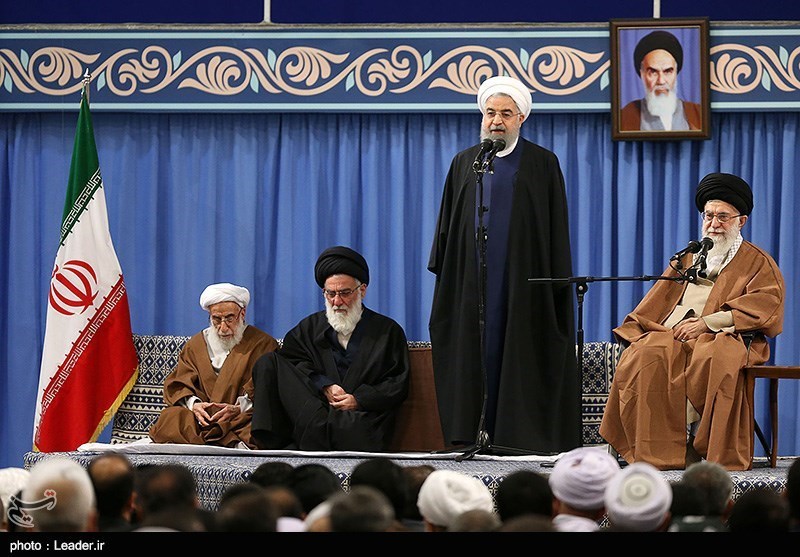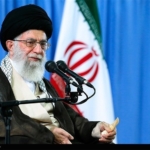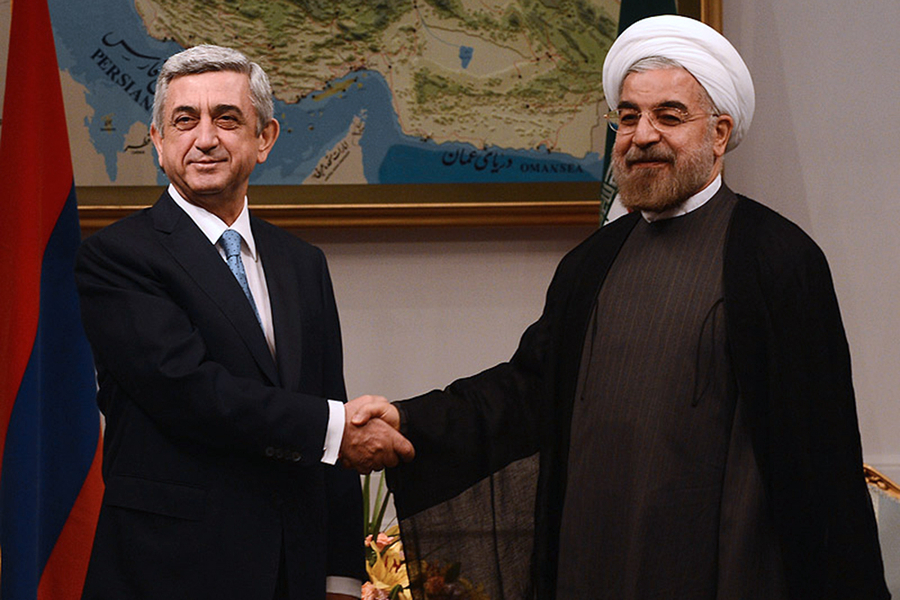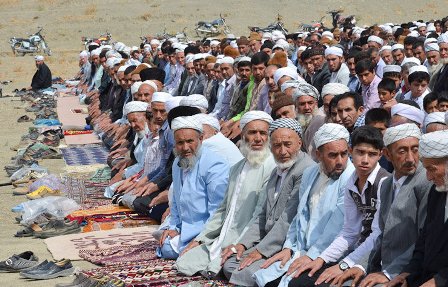Iranian President Rouhani warns muslims about conspiracies against Quds

On Wednesday, during a conference held in Tehran on Muslim unity with Leader of the Islamic Revolution Ayatollah Seyed Ali Khamenei, top Iranian officials and ambassadors of Islamic countries to Iran, Iranian President Hassan Rouhani said “The Islamic Republic of Iran… will not tolerate the arrogant powers’ violation of Islamic sanctities”. The President made the remarks referring to the US planned move to recognize Quds as the Zionist regime’s capital and cautioned Muslims about the Zionist regime and arrogant powers’ conspiracies against al-Quds and exhorted them to be united against “this big conspiracy” and against enemy plots. He added that Palestinian people should stand up against such a move with more courage. He stressed that Quds belongs to all Muslims and Palestinians and reminded Islamic countries and the Organization of Islamic Cooperation (OIC)’s heavy responsibility regarding the issue, describing the US move as the Zionists and global arrogance’s new adventurism in the region. Also Ayatollah Khamenei made a speech in which underlined how the decision to recognize Quds as the capital of the Zionist regime made by enemies of Islam is a sign of weakness and incompetence and results from impotence and frustration. “The Islamic world will definitely stand against this plot and the Zionists will receive a bigger blow in that case (if Quds is announced as the capital of occupied Palestine)”, as Ayatollah Khamenei said. Late Tuesday, three senior US administration officials confirmed that US President Donald Trump is expected to formally recognize Quds as Israel’s capital and begin preparations to move the US embassy to the city.















